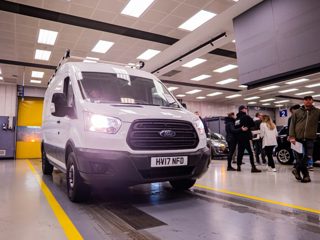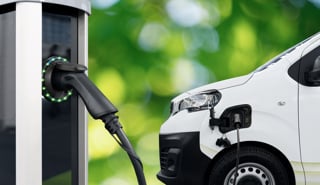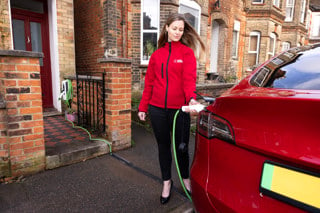An advisory group of battery experts is being assembled to explore ways of promoting greater confidence in the used electric vehicle (EV) market.
Organised by the British Vehicle Rental and Leasing Association (BVRLA), the half-day event – Battery health: supercharge your knowledge – will take place on May 16.
It will include panel discussions and keynote speeches from battery engineers, health-check providers and the UK Department for Transport (DfT).
Battery degradation is one of the biggest concerns for potential used battery electric vehicle (BEV) buyers, and organisations across the automotive supply chain are exploring ways of accurately measuring and recording health status.
“Vehicle resellers and remarketers need help in setting used BEV prices and reassuring potential customers,” said Toby Poston, director of corporate affairs at the BVRLA.
“Fleet operators and vehicle owners want to use the information to prolong the life of their assets and maximise their resale value.
“Recent history has highlighted the perils of flawed vehicle data. The BVRLA is working with Government and colleagues across the fleet sector industry to promote battery health information that is reliable, accessible and useable.”
The BVRLA is hosting the event in partnership with Auto Trader, whose regular market insights have tracked an increasing supply/demand imbalance in the new and used BEV market and highlighted the wider implications for the market.
The BVRLA event will explore current trends in battery technology and degradation before examining the latest developments in battery health monitoring.
The DfT will give a perspective on attempts to produce global standards in this area, while Auto Trader will share its latest data and insights on the used BEV market.
Ian Plummer, commercial director of Auto Trader, said: “Although demand for used BEVs is up around 30% on last year, fuelled by greater choice and softening prices, it’s failing to keep pace with the recent surge in supply.
“It’s impossible to overstate the role the second-hand market will play in driving mass adoption and building confidence in used BEVs among retailers will be as important as it is among consumers.
“This initiative will go a long way towards these objectives and will be a big help in getting the road to 2030 back on track.”
Consumers “overestimate” battery degradation
The BVRLA event comes as research from April’s Startline Used Car Tracker suggests that more than half of consumers “hugely overestimate” the time it takes for used electric car batteries to degrade.
Asked to estimate typical range loss after five years, 56% said they expected the fall to be 30% or more. In fact, the average degradation for batteries is 2.3% each year according to a study of 6,300 EVs by Geotab.
Paul Burgess, CEO at Startline Motor Finance, said: “Anecdotal feedback shows there is a lot of misinformation among the general public about used car electric vehicle batteries and how quickly they degrade - and our findings clearly back that up.
“It’s an important subject for the future of the used car market. If someone is considering buying an EV for the first time, they are likely to be put off if they hugely overestimate the speed at which electric cars lose range.
“The fact is that there is now quite a lot of real world information about battery life available and, as long as the previous owner has been sensible about the way in which the car has been charged, the drop-off in range is likely to be relatively low over time.”
He added that it was encouraging that 44% of people in Startline’s research had estimated the loss in range more accurately, saying the fall in range would be 20% or less.
Burgess continued: “This does arguably show that a sizeable minority of people are in the ballpark of getting the figure right, which is promising, but the used car sector clearly still much to do to educate people about how EV batteries perform over time.”























Login to comment
Comments
No comments have been made yet.